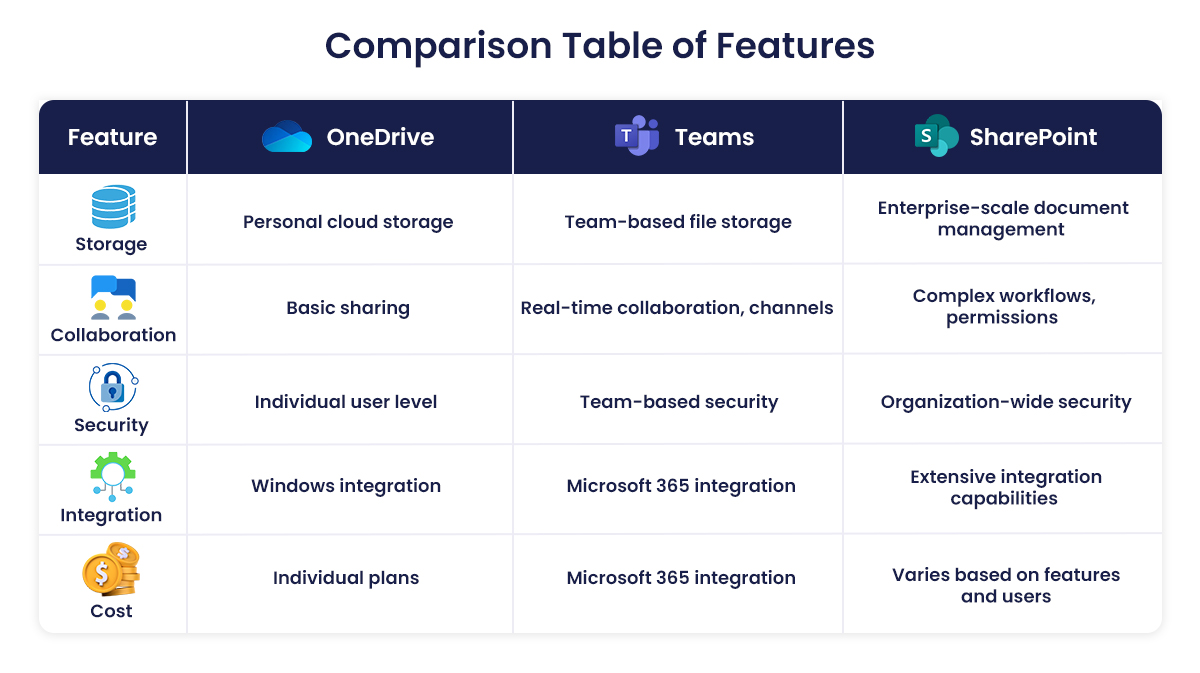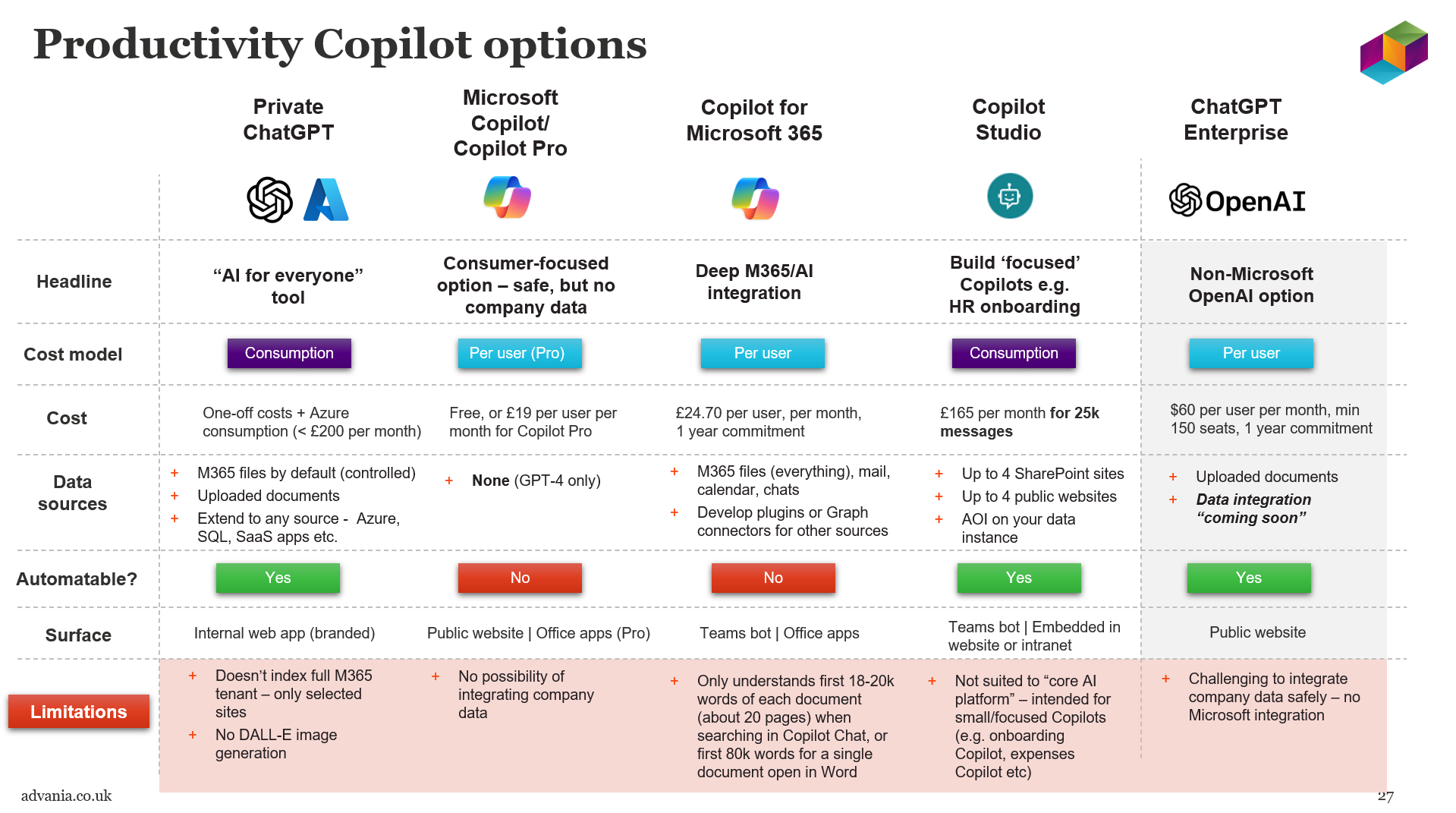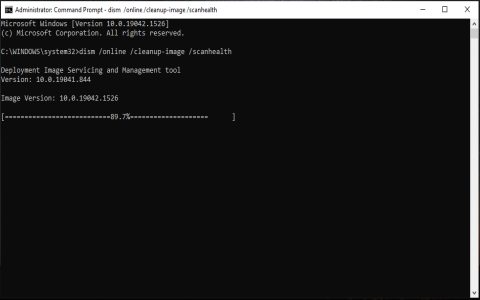While Microsoft SharePoint is a proprietary platform, several robust open-source solutions offer comparable functionalities for collaboration, document management, and building internal portals. These alternatives provide flexibility and control, often with significant cost advantages.
Key Capabilities of Open Source SharePoint Alternatives
Open source platforms in this space typically provide a suite of features essential for modern workplace productivity:
- Document Management: Centralized storage, version control, metadata tagging, and advanced search capabilities for files and documents.
- Collaboration Tools: Features facilitating teamwork, such as shared workspaces, co-authoring capabilities (often via integration), task management, forums, and wikis.
- Workflow Automation: Tools to design and implement automated processes for document approvals, reviews, notifications, and other business tasks.
- Intranet and Portal Features: Capabilities to create internal websites for company news, knowledge bases, employee directories, and secure application access.
- Customization and Extensibility: The ability to modify the source code, integrate with other systems via APIs, and develop custom modules or plugins to meet specific organizational needs.
Prominent Open Source Alternatives
Several open-source platforms stand out as viable alternatives, each with its own strengths and focus areas:

Nextcloud
Nextcloud is a comprehensive content collaboration platform. It excels in file synchronization and sharing, offering robust document management, versioning, and collaborative editing through integrations with office suites like Collabora Online or ONLYOFFICE. It also includes features like calendar, contacts, chat, and an extensive app ecosystem, making it suitable for organizations seeking an all-in-one, self-hosted collaboration hub.
Alfresco Community Edition
Alfresco Community Edition is an enterprise-grade content management system. It provides powerful document management, records management, and complex workflow capabilities. It is designed for organizations requiring structured content governance, compliance features, and the ability to manage large volumes of information. Its extensibility allows for deep integration into enterprise environments.
XWiki

XWiki is a flexible and powerful open-source wiki platform that can be adapted for various collaborative purposes, including knowledge management systems, intranets, and even lightweight application development. Its core strengths lie in structured information creation, versioning, granular permissions, and advanced scripting capabilities, allowing for highly customized collaborative spaces.
OpenKM Community Edition
OpenKM (Open Knowledge Management) Community Edition is a dedicated document management system. It focuses on capturing, managing, storing, preserving, and delivering content and documents related to organizational processes. Key features include version control, metadata, workflow, search, and security. It is well-suited for organizations prioritizing robust document control and archival.
Advantages of Open Source Solutions
Opting for an open-source SharePoint alternative typically offers several strategic benefits:
- No Licensing Fees: Elimination of per-user or server license costs, although operational costs for hosting and optional professional support still apply.
- Full Control and Data Sovereignty: The ability to host the platform on-premises or with a preferred cloud provider, ensuring complete control over data, security, and compliance.
- Enhanced Customizability: Direct access to source code allows for deep customization and adaptation to unique business requirements beyond what proprietary platforms might offer.
- Active Community Support: Access to vibrant communities for peer support, shared knowledge, extensions, and plugins, fostering innovation and problem-solving.
- Transparency and Security: Open-source code can be audited for security vulnerabilities, promoting transparency and often leading to more robust and quickly patched systems.









